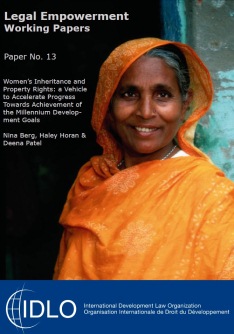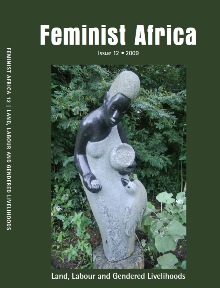Humanitarian approaches to conflict and post-conflict legal pluralism in land tenure
Unruh JD (2009) Humanitarian approaches to conflict and post-conflict legal pluralism in land tenure. In: Pantuliano S (ed). Uncharted territory Land, conflict and humanitarian action. Practical Action Publishers, Warwickshire, UK.




